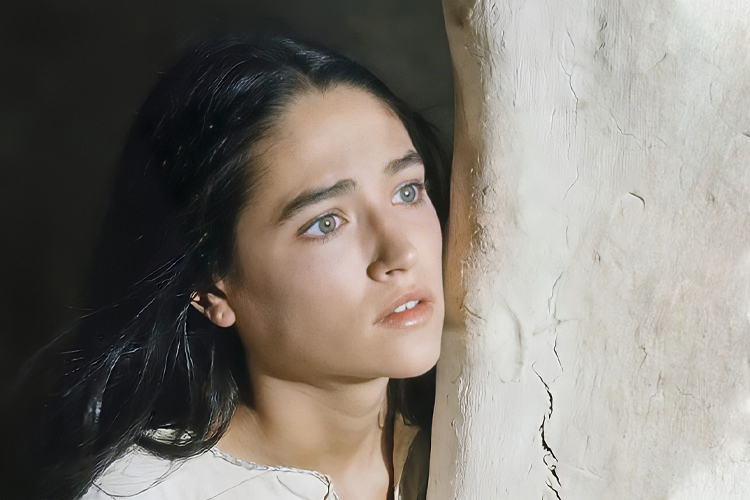
Mary, Mother of Jesus
Mary was conceived immaculate. As a virgin, she became Mother of God by bearing Jesus. She was without sin, assumed body and soul into heaven, and is the Mother of the Church.
Why is she called ‘Mother of God’?
Mary is called ‘Mother of God’ because she became the mother of Jesus Christ, true God and true man.
Why is she called the ‘Virgin Mary’?
Mary has this title because she was and remained a virgin before, during and after Jesus’ birth. Mary’s question to Gabriel, “How can this be, since I am a virgin?”, and the angel’s response, “The Holy Spirit will come upon you” indicate Mary’s commitment to virginity was upheld by the miraculous conception and birth of Jesus Christ.
What is the Immaculate Conception?
Mary was herself conceived immaculate and spared from Original Sin and its effects from her beginning, fitting her to be the pure Mother of Jesus Christ. Scripture refers to Mary as ‘blessed among women’, and ‘full of grace’.
What is her Assumption?
Mary was assumed body and soul into heaven at the end of her earthly life. It was fitting that one without sin who shared so closely in the saving death of Christ, should be the first to share his Resurrected life in heaven.
The importance of Mary for us
In Mary we see our human nature gloriously restored and raised to heaven. She is the ‘Second Eve’, the mother of the redeemed, who protects and intercedes for us. The most popular prayer for Mary’s intercession is the Hail Mary.
The Four Last Things
The Four Last Things are the two inevitable and two possible realities that we face at the end of our earthly lives.
What is death?
Death is the cessation of our present earthly lives, the moment of separation of our souls and bodies. Once dead, we cease to choose between good and evil: death irrevocably fixes our state for eternity. Although death came to us because of sin, not God’s will, God has removed its terror for us and made it the path to eternal life. We should therefore remain in God’s friendship, live each day as if it were our last and ask God for the grace of a holy death.
What is judgement?
First, there is a particular and unchangeable judgement which follows immediately upon our deaths. Second, as the Creed affirms, there is a final and universal reckoning at the end of time when Christ “will come again”. At this Second Coming he will “judge the living”, those still alive, “and the dead” united physically with their resurrected bodies. As we are to be judged by God, we should ask for his mercy and help to put our lives in order, examine our consciences regularly and practise Confession.
What is heaven?
Heaven is our eternal home where God gives us the vision of his face and shares his divine life with us. Scripture describes heaven as a city or kingdom where the saints enjoy the perfected creation and the reward they deserve. Those who die in God’s grace either go straight to heaven or first enter purgatory, a place of purification for sins and for reparation. We can truly hope for heaven since it is God’s desire for us. We should ask him to prepare us for heaven even if we face sufferings on the way. It is good to make the saints our companions through prayer and to pray for the holy souls in purgatory.
What is hell?
Hell is the eternal loss of the vision of God, and the place of punishment of the damned. It is the choice of evil and lack of repentance that leads to damnation. After the Fall, hell would have been the just end of our race. However, God in his great love has offered us salvation through the blood of Jesus Christ. We should ask God to save us from the ‘fires of hell’ as he himself desires. We also have a duty to warn others, just as Jesus warned us, of the reality of hell and the need to repent and follow him in our lives.
This article is originally from ‘CREDO: The Catholic Faith explained’ by CTS.
Video resources